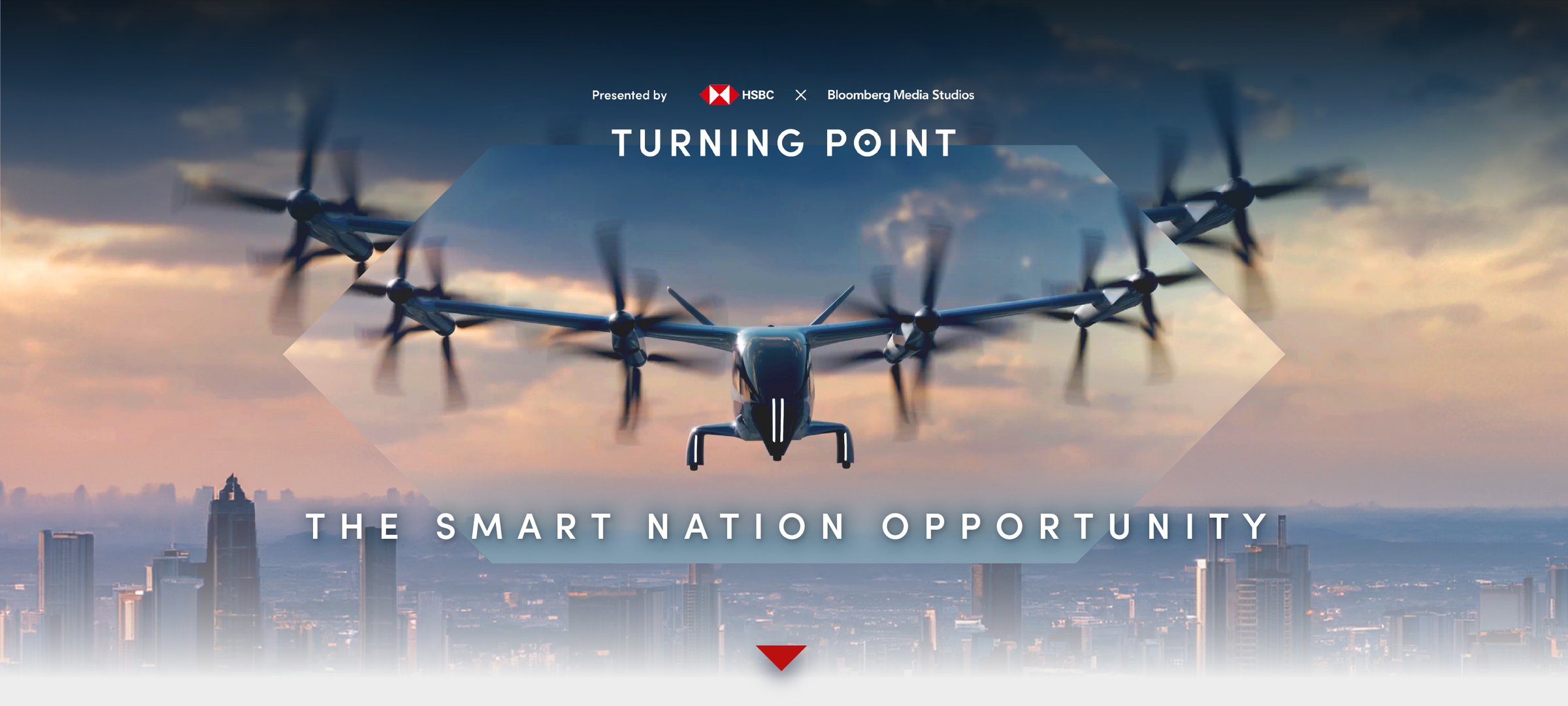
Turning Point: The Smart Nation Opportunity
How do you build an entirely new mode of transportation – like “flying taxis” that could get you out of a crowded stadium in minutes – without knowing the rules that will ultimately govern it?
That was the challenge that Diana Cooper, Supernal’s Chief Partnerships and Policy Officer, took on as the sixth employee of Hyundai Motor Group's advanced air mobility division in 2020.

With a background in helping emerging transportation companies navigate unknown regulations, Cooper didn’t need much convincing to join NASA veteran Jaiwon Shin’s team in shaping the future of urban mobility – and bringing a modern-day version of the Jetsons to life.
From Supernal’s humble beginnings in a small row house in Washington, D.C., Cooper set out to build new regulatory frameworks for electric vertical takeoff and landing (eVTOL) vehicles – which bridge automotive and aerospace technology – in an industry that didn’t yet exist.
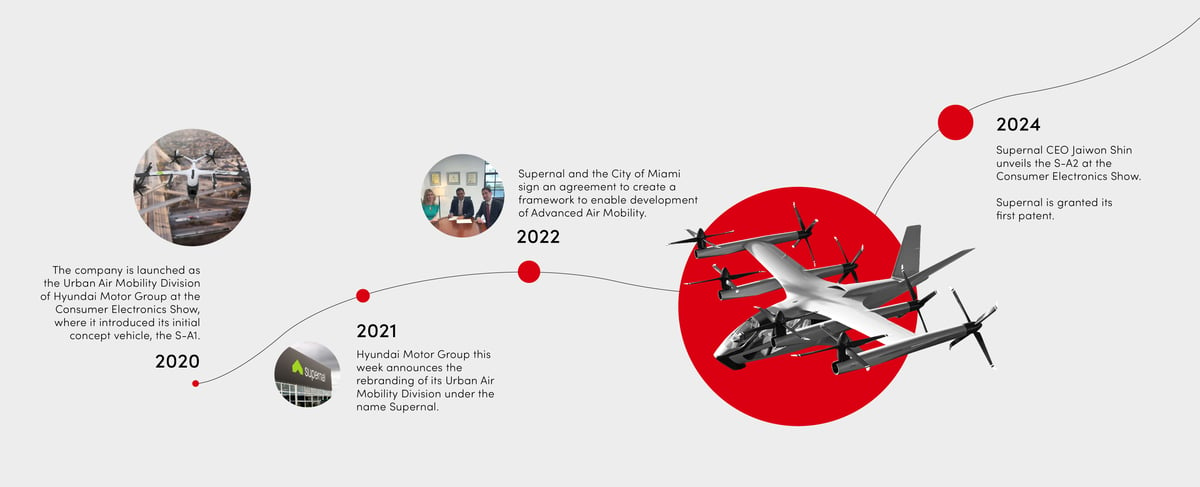

“When we embarked on this bold industry, we had no idea how the United States’ Federal Aviation Administration was going to regulate eVTOL aircraft, pilots or operations,” says Cooper. “While there was a lot of interest and intrigue in this brand new industry and technology, there was also a lot of skepticism, which was fueled in part by the lack of regulations.”
To tackle the chicken-and-egg problem, Cooper’s government relations team focused on public-private partnerships. Her team began working with lawmakers and regulators from day one to overcome misconceptions of eVTOL technology, from infrastructural requirements and use cases to noise levels and safety standards.
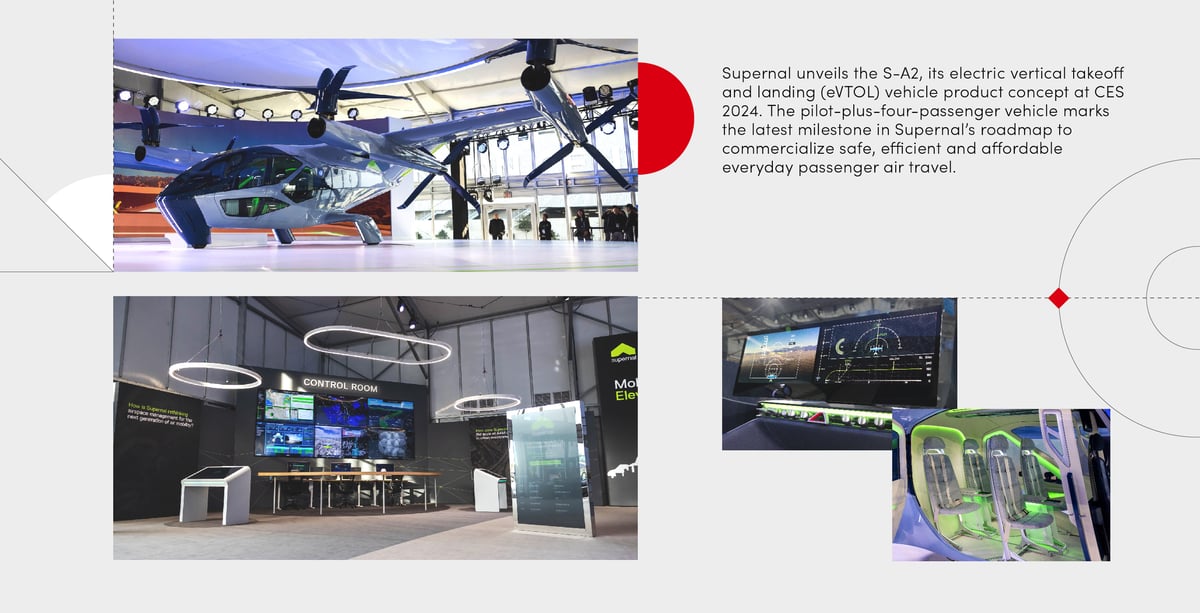
“In the early days, a lot of people thought eVTOL aircraft would be flying from rooftop to rooftop in cities like Los Angeles, which is a fantastic image,” says Cooper. “In reality, electrification is a huge challenge for our industry. It’s not so easy to electrify rooftops, and a more practical solution is to adapt ground-based infrastructure, like parking lots.”

When approaching regulatory frameworks and public perception, Supernal mirrors its parent company Hyundai Motor Group’s pragmatic, step-by-step approach. “We don't need to be first to market. We want to help build the right market first,” says Cooper.
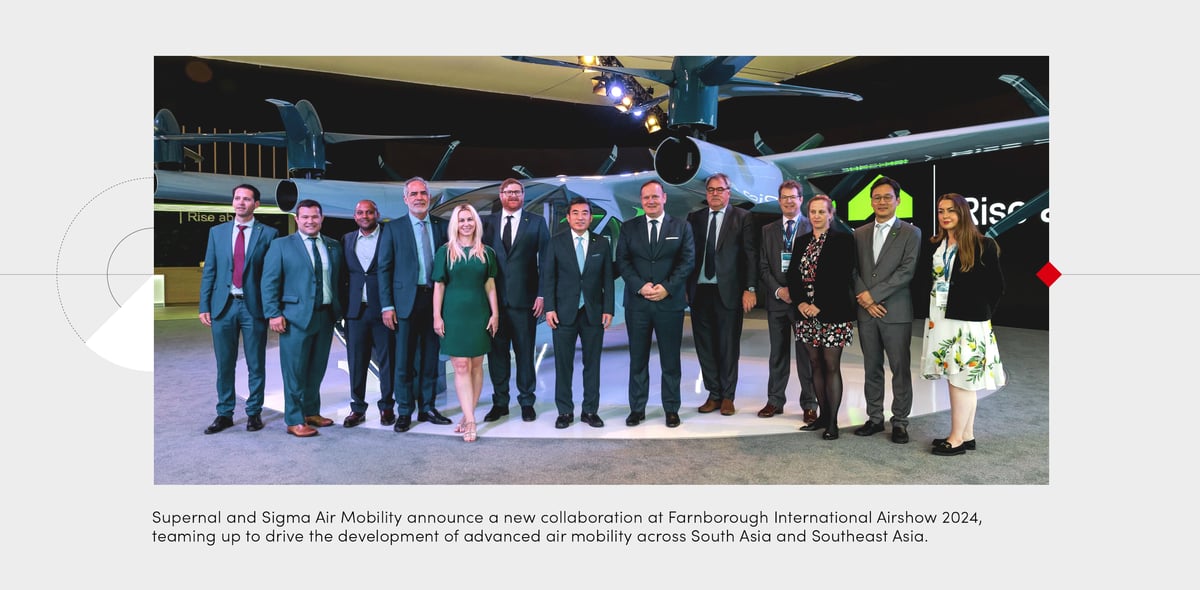
From its very first memorandum of understanding with the City of Miami in 2022 to its most recent agreements with Singapore’s Economic Development Board and Civil Aviation Authority in 2024, Supernal’s strategy of quiet progress is taking off across borders.
As it forges further public-private partnerships in the United States, South Korea, Europe and Southeast Asia, Supernal is also serving as an industry resource to regulatory bodies on harmonizing global eVTOL standards. In bringing a new technology to market, Cooper believes Supernal has a responsibility to ensure as many people as possible can benefit from it worldwide.
She says harmonization of regulations around the world is the key to scaling the technology. “We don't want to see very different regulations – country to country – because that makes it challenging to expand across borders. We have been working with governments around the world to build the foundation for as much harmonization as possible,” notes Cooper.

Commercial partnerships are crucial to Supernal’s vision of launching passenger journeys by 2028. “An eVTOL vehicle is just one piece of the advanced air mobility puzzle,” says Cooper.
For this industry to be successful, an entire ecosystem needs to be developed. Cooper built an ecosystem partnerships team that focuses on solving market challenges – such as infrastructure, charging, financing, multi-modal connectivity and generating consumer demand – for this new mobility service.
For many potential operators and commercial partners, seeing and experiencing Supernal’s aircraft are requisites for formally coming on board.
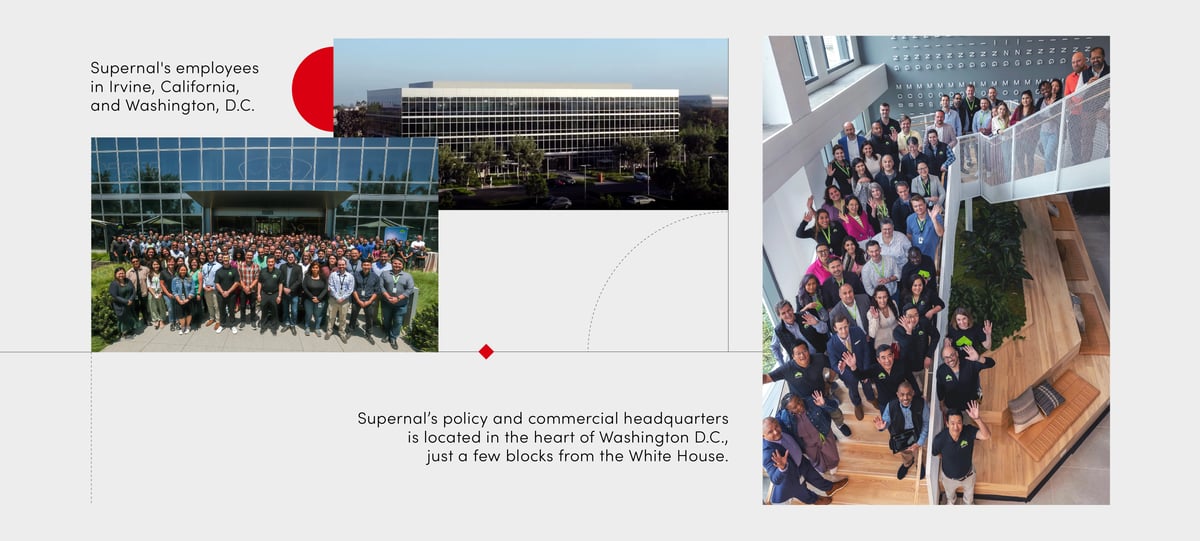
To this end, Cooper considers the unveiling of Supernal’s product concept at CES 2024 the company’s biggest milestone to date. “We were able to show customers and partners our aircraft design and have them experience the cabin first-hand. It was incredibly rewarding to see customers validate what Supernal set out to do, which is build the most human-centered cabin experience in aviation,” she explains.
And while some tech startups prize the first-mover advantage, Supernal’s relatively late entry has given it an unexpected edge. As Cooper explains, “in starting our company five to ten years later than most AAM companies, we have been able to set a realistic timeline for the commercial launch of Supernal’s aircraft and adapt our design, testing and certification path to respond to evolving regulations.”

As the Federal Aviation Authority finalizes its frameworks for the use of advanced air mobility aircraft in business aviation operations, including intracity and regional transportation, disaster relief operations and air tours in October 2024, some of the unknowns that confronted Supernal in 2020 are finally being answered.
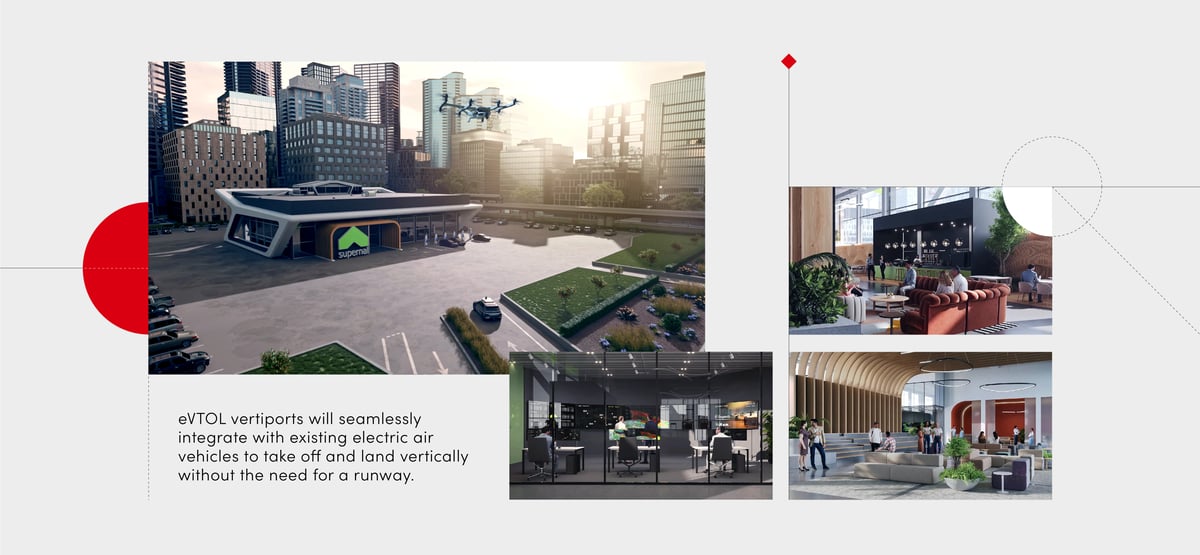
“It feels like I've worked for five companies along the way because Supernal and the industry are rapidly evolving. The dynamic pace of this emerging industry makes this an incredibly exciting journey for me and our team,” Cooper says.
While she believes the advanced air mobility industry will take off, it will be at a slow and steady pace.
“It's more of a marathon than a sprint. The companies that will ultimately succeed in this new industry will have a long-term vision and the ability to execute while navigating many challenges like evolving regulations, public acceptance and overcoming technological hurdles,” Cooper says.
“eVTOLs have the potential to transform communities and create more opportunities for residents, much like cars, trains and planes have over the past century. For advanced air mobility to thrive, strong collaboration among government, industry and local communities is essential – and that is exactly what we are focused on.”

